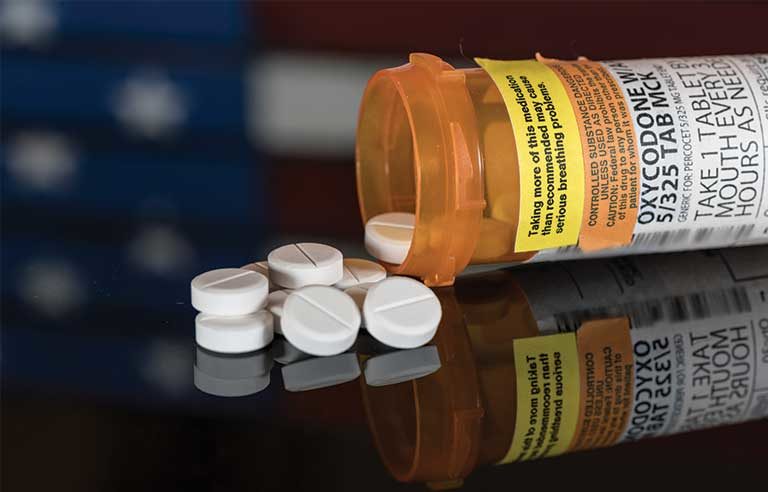NSC says CDC drug overdose data a ‘wake-up call’ to employers

Itasca, IL — Concerned about an unprecedented surge in drug overdose deaths reported by the Centers for Disease Control and Prevention, the National Safety Council is repeating its call to employers to protect workers from opioid misuse and impairment in the workplace.
CDC released provisional data in November that shows an estimated 100,306 drug overdose deaths occurred between April 2020 and April 2021 – a record for such fatalities over a 12-month span, according to an NSC press release. The figure represents a 28.5% increase from the 78,056 drug overdose deaths CDC estimated for the 12-month period ending in April 2020.
NSC calls the data “an aggressive wake-up call” that the organization hopes will motivate employers “to use every resource available” to spur positive change.
“For years, the United States has accepted drug overdoses as a tragic but unavoidable reality,” said Jenny Burke, senior director of the impairment practice at NSC. “We know what to do to save lives, but as a nation, we have not consistently prioritized eliminating these deaths. We must all do our part if we are to reverse this deadly trend, and that includes all members of our communities, with a special call on employers.”
In October, NSC launched a one-hour e-learning course aimed at assisting supervisors and safety professionals with recognizing and responding to perceived impairment in the workplace. The course covers:
- The importance of recognizing and responding to impairment
- Supervisor responsibilities when recognizing impairment
- Common causes of impairment, as well as signs and symptoms
- The six steps to respond to potential impairment
- Other considerations, including human resources involvement, prevention, and laws and regulations
Post a comment to this article
Safety+Health welcomes comments that promote respectful dialogue. Please stay on topic. Comments that contain personal attacks, profanity or abusive language – or those aggressively promoting products or services – will be removed. We reserve the right to determine which comments violate our comment policy. (Anonymous comments are welcome; merely skip the “name” field in the comment box. An email address is required but will not be included with your comment.)

